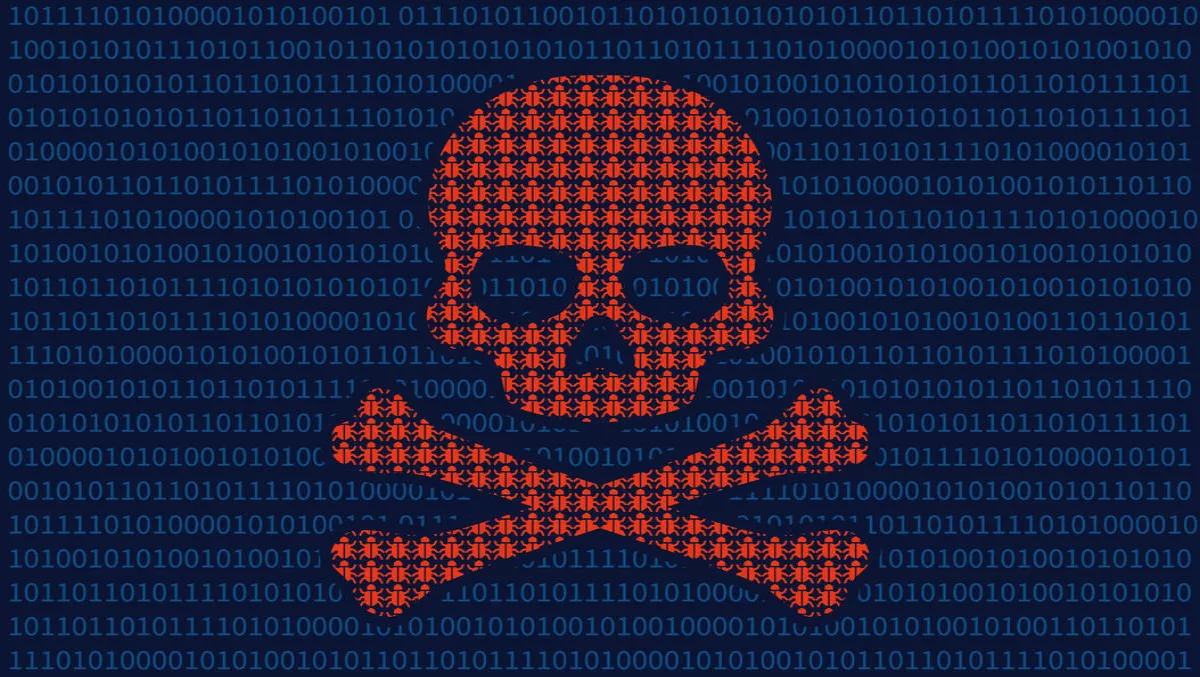
Nemucod serves nasty package: Ransomware and ad-clickers
Just last week ESET reported on Nemucod shifting away from ransomware and downloading the ad-clicking malware Kovter instead. Now, it seems that the operators of the notorious downloader went a step further and are serving their victims the whole package – ransomware as well as ad-clickers.
As before, the targeted user receives an email with an infected attachment containing an executable .js file – the downloader. After unpacking and running it, it downloads five files at once. The first two are ad-clickers detected by ESET as Win32/Kovter and Win32/Boaxxe.
But that's just the beginning, as the remaining three files have one very clear objective – to find the most valuable files on the computer and encrypt them. To run the ransomware, Nemucod installs a PHP interpreter and an additional PHP library (these two files are actually clean). Only after that a third file – detected by ESET as PHP/Filecoder.D – is downloaded and starts its malicious activities, using an encryption key hardcoded directly in the malware.
"AFTER THE RANSOMWARE HAS FINISHED WITH ENCRYPTION, NEMUCOD CREATES A TEXT FILE WITH A RANSOM DEMAND.
The result? Files with one of about 120 extensions, including MS Office files, images, videos, sound files, and others, get encrypted and get the ".crypted" extension. After the ransomware has finished with encryption, Nemucod creates a text file with a ransom demand. In the end, the PHP interpreter, its library and the filecoder file are removed from the system.
Looking at the rest of the payload, Boaxxe is a remotely controlled backdoor that is able to download and execute files or install extensions to popular browsers such as Chrome and Firefox. On top of this, the trojan connects to a C-C server enabling its operator to misuse the infected machine as a proxy server, probably as a means for click-fraud or boosting traffic for selected websites.
Another interesting Nemucod activity was observed at the end of last week in Latin America. The downloader was delivering large amounts of Win32/Spy.Banker.ADEA to Brazilian users.

